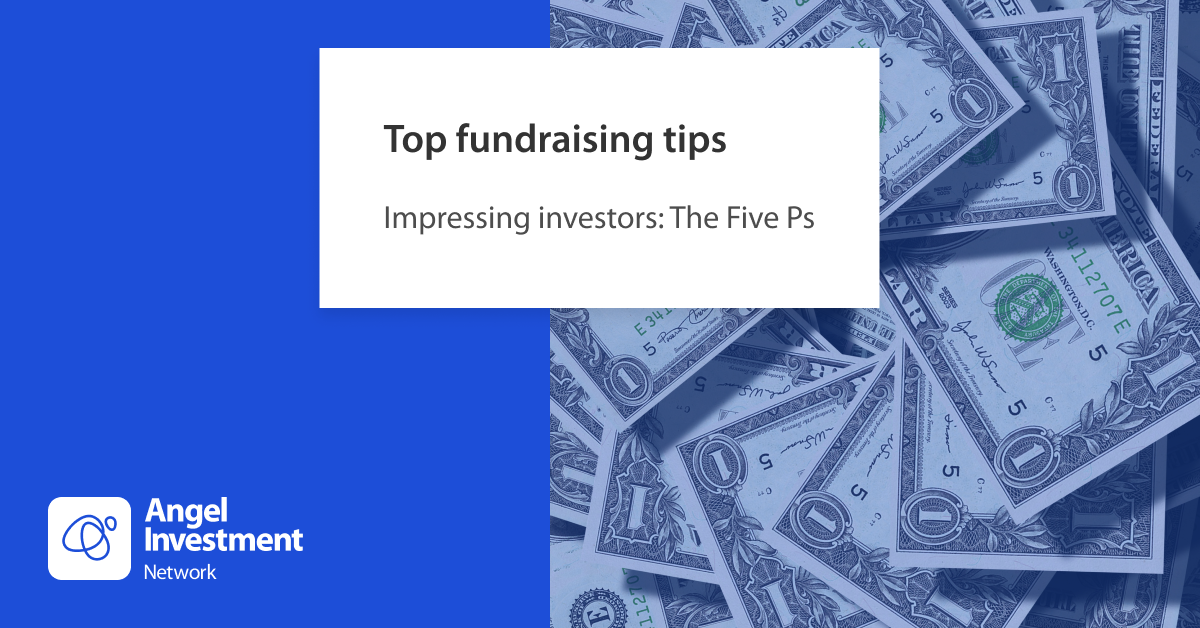
Mind the Tech talent gap: Creating the next wave of ‘generational companies’
By Toby Hicks
We create these generational companies. The problem is we don’t retain the value as a country.
In 2014, DeepMind was acquired by Google for over £400 million. Its breakthroughs in AI have reshaped industries and are pushing the frontiers of technology. But could the UK produce five more DeepMinds in the next decade? Barney Hussey-Yeo, founder of UK fintech Cleo thinks so. Yet, the key word is ‘potential.’ The UK’s status as a global tech leader is under threat.
A host of other countries are disrupting the old order with new startup hubs developing across the globe. Their secret? Attracting and retaining the highly skilled, mobile workers that can build the companies of the future. The UK must adapt to remain at the top table.
Hussey-Yeo was speaking at a conference called ‘The case for optimism in UK Tech’ hosted by Digital Frontier. However recent poor economic data has cast a more gloomy shadow over the sector and economy more widely.
Further clouds have gathered since. Research from Beauhurst, who track the data of every private UK company, revealed a 3.75% year on year decline in new startup creation in 2024. Meanwhile Pitchbook Q2 data has revealed excitement in AI but outside the sector a significant reduction in funding rounds, highlighting the challenging environment for startup investment.
With competition fiercer than ever, startups attracting the best talent, win the most funding. Yet according to our most recent survey of Angel Investment Network (AIN) startups, you revealed that hiring the right talent was second to fundraising in your list of top concerns. The two challenges are certainly intertwined. Think of the UK’s tech ecosystem as a powerful engine, fueled by a constant influx of skilled talent. But starve it of fuel, the engine will splutter, then stall. While the chief engineers switch to a faster-moving vehicle.
Hussey-Yeo summed it up well: “We create these generational companies. The problem is we don’t retain the value as a country.”
He cited Dubai and the USA as beneficiaries of this lost value as companies scale in other countries.
The UK boasts prowess in technology and AI, yet isn’t retaining the people that can shape the future. So the vision of transformative, ‘generational companies’ remains a tantalising but elusive mirage. The question is how to keep the engine revving? The crucial first step on the pathway is training the next generation in the right skills to support the knowledge economy.
Stemming the decline
Tech companies need graduates with STEM subjects (Science, Technology, Engineering, Maths.) Despite high profile campaigns the proportion of students studying Maths and Physics at A-level remains lower than equivalent systems in other countries. The Organisation of Economic Cooperation and Development (OECD) found that while England consistently ranks among the top countries in mathematics performance at age 15, the number of young people studying the subject post-16 is among the lowest across the OECD.
Compounding the issue is also a significant gender imbalance. According to DFE research boys are more than twice as likely to rank STEM subjects as enjoyable and far less likely to study science and Maths at A-Level.
The failure to encourage the right subject choices becomes compounded at University. According to research from the Centre for Security and Emerging Technology from 2020, the UK has fallen outside of the top 10 countries producing STEM graduates. The UK produces just 183,000 STEM graduates annually—far behind India’s 2.5 million and China’s staggering 3.57 million. A small town of skilled workers, compared to a major city. Furthermore 40% of Chinese students study STEM, compared to a paltry 20% in the UK.
Beyond domestic shortages, Brexit has further restricted talent acquisition, hindering UK tech’s growth. It has also made the UK seem a less welcoming place.
An additional repellent for overseas tech workers is the exorbitant cost of living in the UK’s major tech hub London. Analysis from RightMove reveals the average annual cost of rent in the capital has soared to an astonishing £26,313. This is more than half of the average cost of a salary according to the Office Of National Statistics (ONS).
How Kenya and Singapore are attracting talent
While the UK raises barriers, other countries tear them down. The Kenyan Investment Network is one of AIN’s fastest growing. Companies are springing up like fledgling acacia trees in Naroabi’s ‘Silicon Savannah’. They are well watered by a government keen to attract talent and investment. The city is dotted with numerous tech hubs and affordable co-working spaces with a growing number of climate tech startups joining its established fintech firms.
The allure of Nairobi proved irresistible for Henry Wheeler, a digital nomad in his early 30s. As a freelance consultant and growth hacker, he’s the kind of versatile talent that early-stage startups crave. Faced with London’s soaring rents, he found Kenya’s burgeoning tech scene and vibrant outdoor lifestyle a compelling alternative.
“There’s a real buzz here,” Henry explains, “and a big ex-pat community. Alongside the startups, there’s a significant UN and NGO presence, creating a place where I can meet lots of like-minded people.” Adding to the appeal, of course, was the stark difference in living costs. “To put it in perspective, my rent is £300 here, as opposed to £1,200 in London. You can get something a lot nicer. It’s been a no-brainer.”
While startups in the UK need to get to grips with a complex tax system, Henry also cites the flat universal tax rate of 30% as a big draw for ambitious startup founders.
If Kenya is the gateway to Africa, Singapore is very much the gateway to Asia. It has a well merited reputation as the ideal hub for startups looking to expand into the region. AIN’s biggest Asian network for the past few years, Singapore offers various tax incentives for startups. Meanwhile The EntrePass visa allows foreign entrepreneurs to relocate to Singapore and establish their businesses.
Most importantly the Government created a specific vehicle to support growth. Startup SG is a world leading initiative supporting startups with funding, mentorship, infrastructure, and global connections for startups. The Startup SG Founder grant provides mentorship and valuable seed funding to first-time entrepreneurs with innovative business ideas.
The Government also really focuses on building STEM stills through early education, applied learning, and strong industry ties. This focus drives their knowledge-based economy and the intellectual capital to support future innovation.
Developing and attracting talent
To maintain its position as a leading global startup hub, the UK must learn from the strategies of these ambitious hubs. The recent announcement of the Oxford-Cambridge growth corridor is a promising step towards establishing our own Silicon Valley. However, this initiative needs to be bolstered by concrete action: the government must deliver on its promise of affordable housing and introduce a revamped visa system for attracting international tech talent.
Longer term we need an overhaul of the post 16 education system to keep more children studying STEM to start to boost the number of qualified graduates. Finally, the UK should emulate the success of Startup SG by creating its own dedicated, homegrown startup champion. A role left vacant since the discontinuation of Tech Nation.
Join the conversation
The UK has all the ingredients to remain a global tech leader and retain the talent that can support the future Deep Minds, but only if we act now. As an AIN member, you have the power to influence the conversation. We are asking you to join the debate and share your hiring challenges and thoughts in our forthcoming survey. Let’s build the next wave of ‘generational companies’. The future of UK tech depends on it.
Are you looking for an angel investor to help fund your business? Join us at Angel Investment Network, where global investors meet the great businesses of tomorrow.
Related posts
In our latest fundraising top tips article Xavier Ballester, Director of Brokerage at Angel Investment Network, gives us the ...
Read more
arrow_forwardIn our latest Meet The Investor interview, we are delighted to hear from Joanna Jensen, chair of the Enterprise Investment Sc...
Read more
arrow_forwardWhen it comes to investing in startups, investors are not only evaluating the potential of the business idea but also the qua...
Read more
arrow_forward


